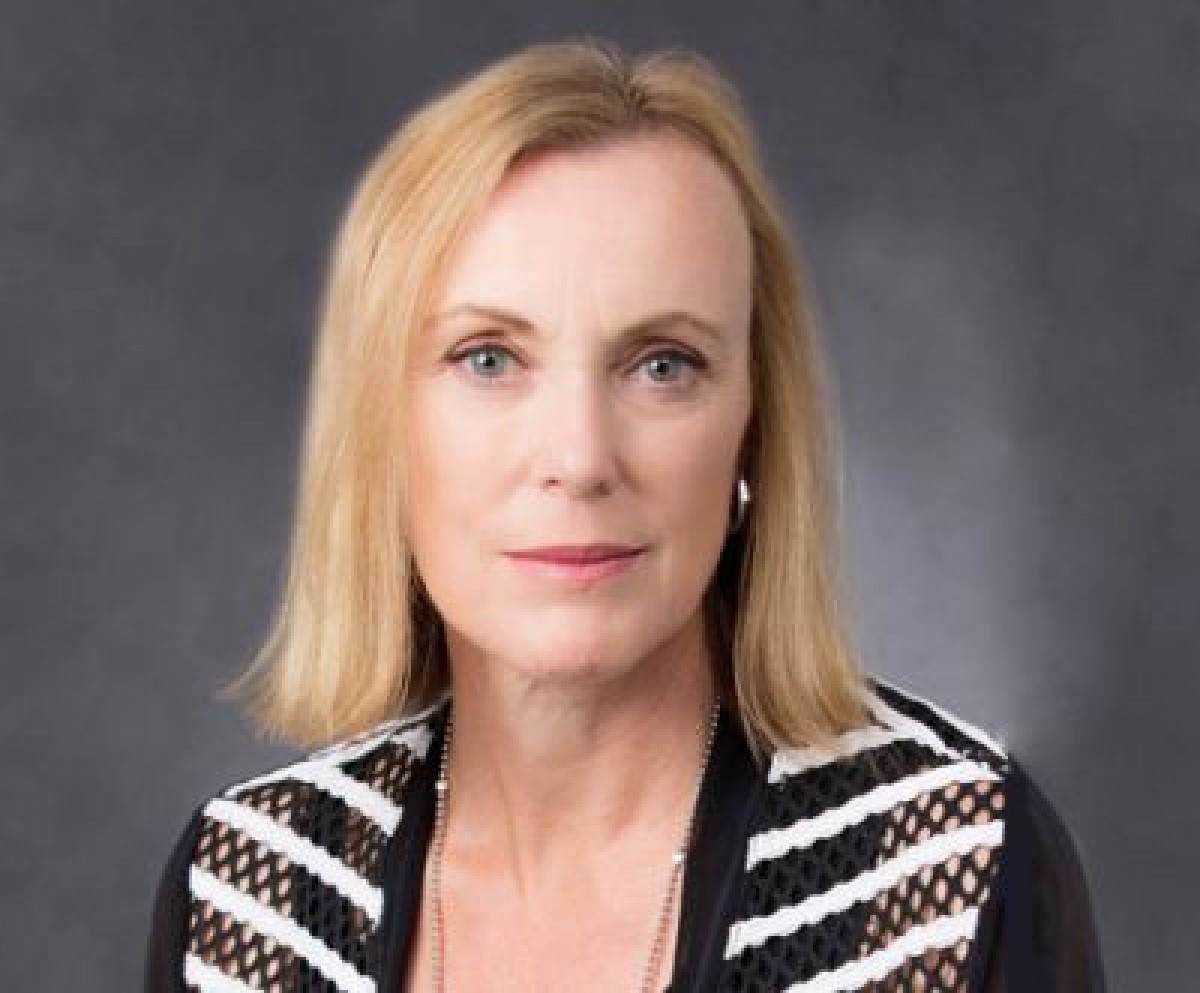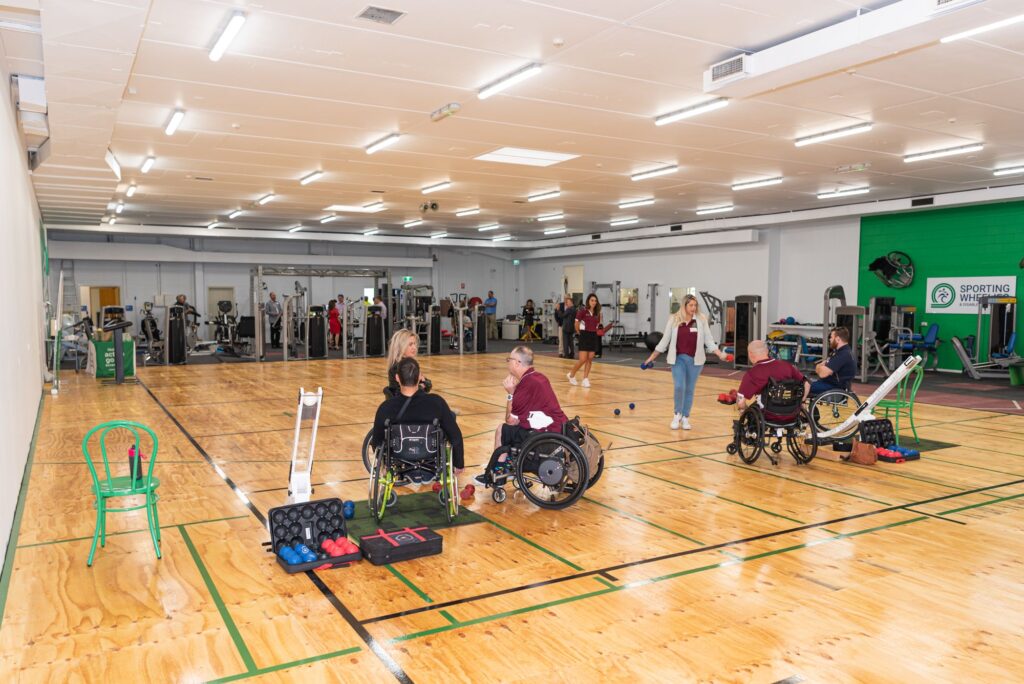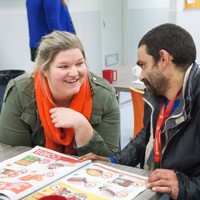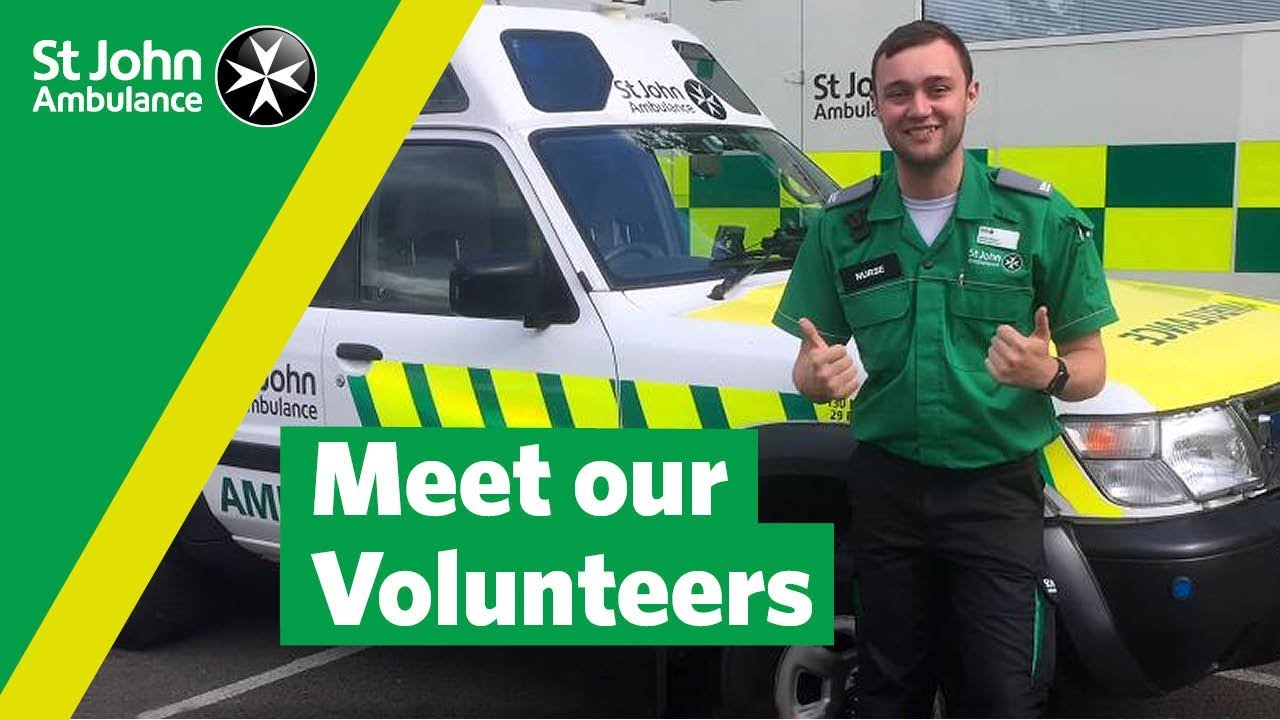Wiley improves Traction’s workshop to help empower vulnerable young people
TRACTION, a Brisbane-based organisation that helps to empower young Queenslanders by teaching them bike and motorcycle repair skills – and valuable life skills – recently reached out to local firm Wiley for much-needed assistance in getting the charity’s new workshop into shape.
Traction helps vulnerable Brisbane youth to turn their lives around, operating since out of a donated workshop space at Pro Honda Motorcycles at Moorooka and in 2021 migrating to a bigger workshop in the Brisbane suburb of Yeerongpilly.
Wiley, the project delivery company with its headquarters in closeby Woolloongabba, came to the party immediately, agreeing to not only help Traction and provide the upgrades gratis, but also to work with their network to encourage suppliers and subcontractors to do the same.
The updated workshop facility will provide a venue where Traction can help more vulnerable young people gain skills and life confidence through restoring bikes, motorbikes and other items. Traction engages local communities and serves those most in need by providing a safe, inclusive, action-based environment where vulnerable youth build self-esteem, find a sense of belonging, discover their potential empowering them to create their own future. Wiley has started construction to ensure a safe and welcoming facility.
The project will include upgrades to the main hall, kitchen, office and amenities. These upgrades are aimed to be finished before term two of the school year commences, helping Traction to establish a community hub from which it can support young people from Greater Brisbane region communities. 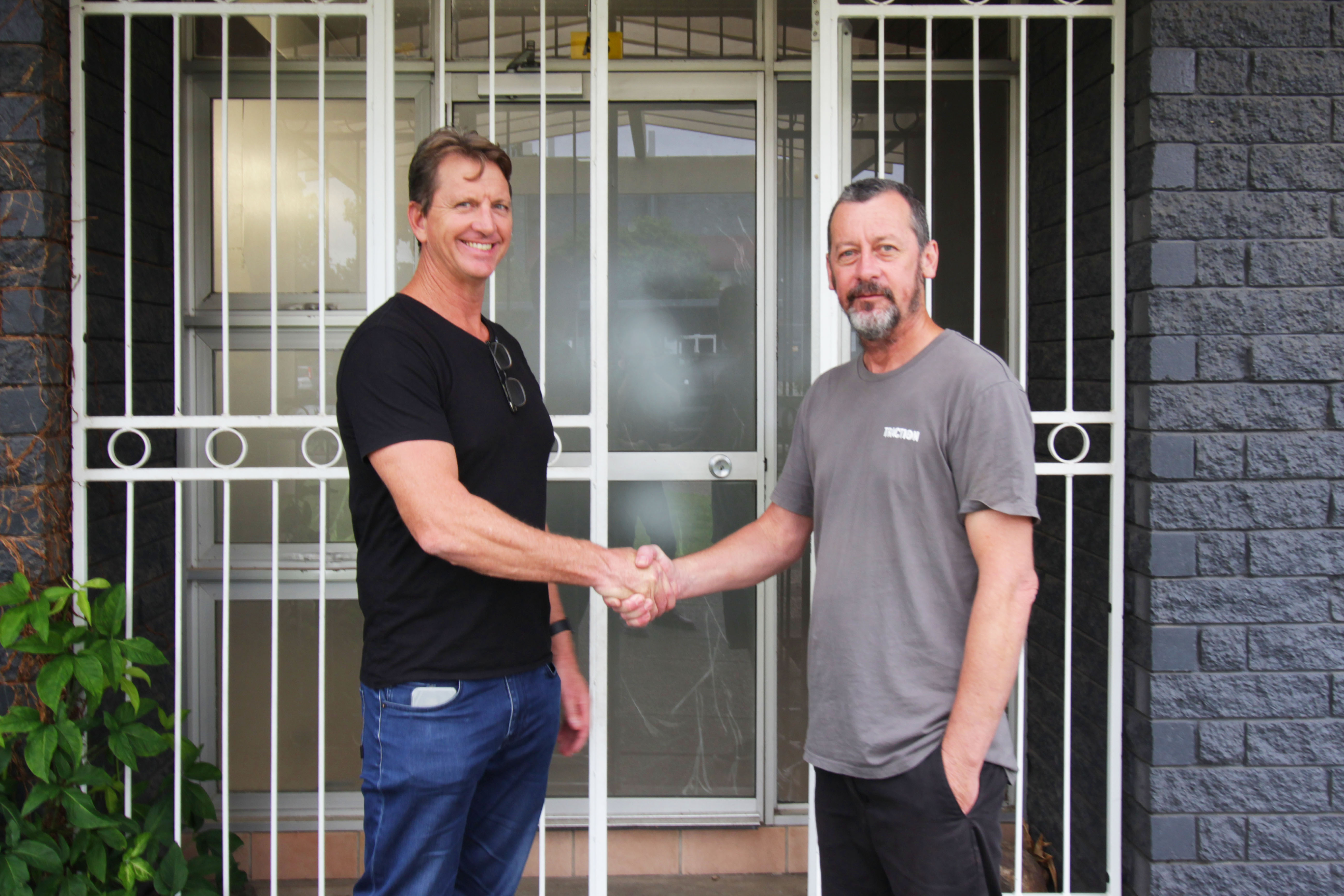
Wiley’s CEO, Rob Barron said, “It is fantastic to partner with Traction on this project. At Wiley we value a sense of community with an eye to making a difference and this certainly fits the bill.
“I have personally been involved with Traction, fundraising at an event for them in 2020. It was great to see the youth using their problem-solving skills and to see them gain confidence through the experience. I am delighted to know that this project will have an even greater impact, helping more vulnerable youth in the community and providing them with a safe space.”
Traction For Young People Ltd CEO and founder, Sandy Murdoch said, “Traction needs a physical presence in communities to support young people across South East Queensland. It is a team effort to secure and establish new workshop facilities and we’re delighted to have the support of Wiley, the project delivery company.
“Wiley people are giving their time and a dedicated network of trusted sub-contractors and suppliers are also donating their services and materials to fit out our new Yeerongpilly workshop. Not only will this ensure we'll have superb learning facilities available for communities across the southside of Brisbane, it means Traction can provide more places for young people to discover their strengths and develop the skills and confidence to build their own future.
“On behalf of Traction, I would like to acknowledge Wiley and the following subcontractors who have generously donated time and resources: BENIC Electrical, Todd Painting and Maintenance, Plumbrite solutions, Alaspec concreting, Elite Interiors, Fit Out Glass and Aluminum, Continental Carpets and Renoline. Bunnings have generously donated $5000 and Harvey Norman have donated $500. Thank you,” Mr Murdoch said.
Local Brisbane City Councillor for Tennyson Ward, Nicole Johnston said, “It’s fantastic to see Wiley, a major construction company based on the southside, helping Traction to build an incredible new space to help empower vulnerable teenagers. It’s a wonderful partnership that will have long term benefits for young people from around Brisbane.”
Wiley is no stranger to working with community businesses and charities, also helping FareShare’s Brisbane community kitchen get back on their feet to feed the hungry in 2019, building their facility at cost.
www.traction.community
ends

 How to resolve AdBlock issue?
How to resolve AdBlock issue? 